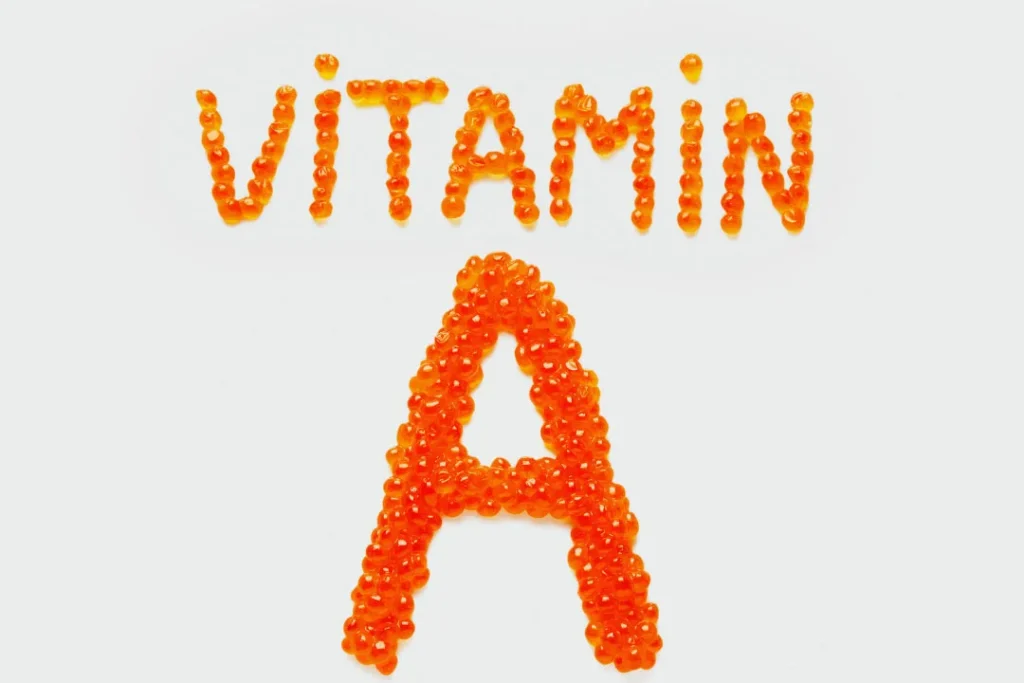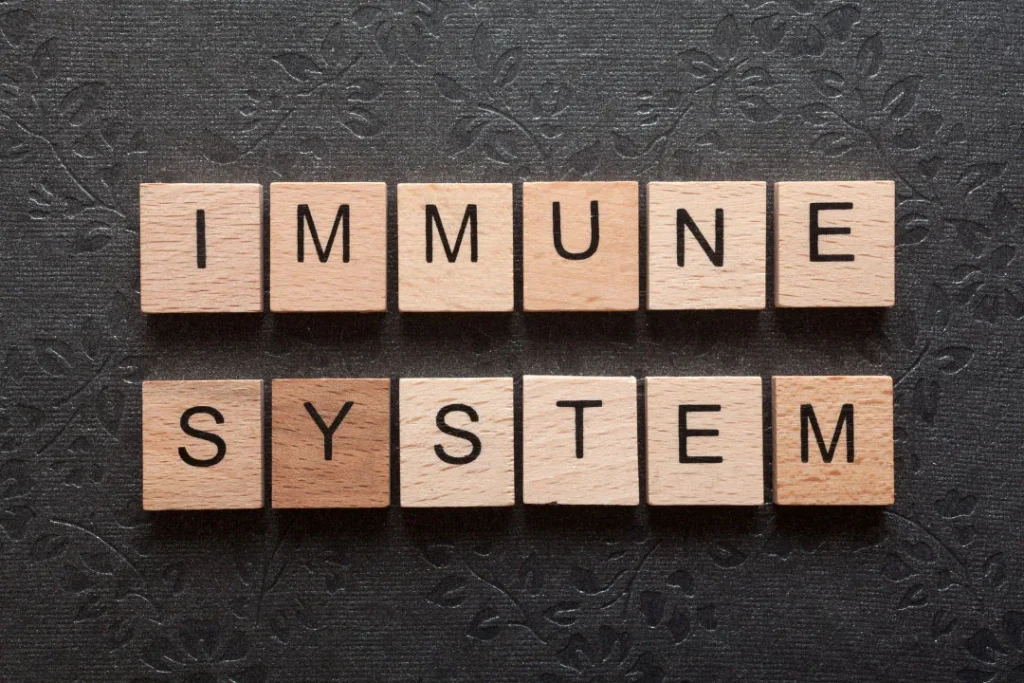Root vegetables known by the scientific name Daucus carota, such as carrots, have been a staple of human diets for thousands of years. Carrots, which are renowned for their nutritional value, are abundant in a number of vital substances, such as beta-carotene, fiber, vitamins, and minerals. This essay examines the nature of carrots, including their potential health advantages, suggestions for best intake, possible negative effects, and probable drug interactions.
You May Also Like:
Vitamin C: Benefits, Dosage, Side Effects, Drug Interactions, and Other Important Information
Nature of Carrots
Beta-carotene, a carotenoid molecule that is abundant in carrots and acts as a powerful antioxidant and precursor to vitamin A, is responsible for the bright orange color of the vegetable.
Carrots also contain a lot of dietary fiber, particularly soluble fiber in the form of pectin and include lutein and alpha-carotene. Additionally, they are a significant source of minerals such as manganese and potassium as well as the vitamins C, K, and B6.

Health Benefits of Carrots
The high antioxidant content of carrots is largely responsible for their wide range of health advantages. The body converts beta-carotene, the most prevalent carotenoid in carrots, into vitamin A, which supports healthy eyesight, immune system function, and cell development.
Dietary fiber from carrots helps with digestion, promotes satiety, and supports weight control by improving gut health. Pectin is one kind of soluble fiber that helps control blood sugar levels and lower high cholesterol.
Carrots are rich in vitamin C, an essential component for the creation of collagen, which promotes skin health and immunological function. Vitamin K is essential for healthy blood coagulation and bones, which carrots also contain. Carrots also provide vitamin B6, which is integral for proper rain health and development.

Chemistry of Carrots
Numerous bioactive substances found in carrots contribute to their health advantages. Carotenoids, particularly beta-carotene, give carrots their vivid orange color, and are one of the most prominent useful qualities. Carotenoids are a group of phytonutrients, or plant compounds, that are beneficial to human health in a variety of ways.
Physiological Effects
Due to its function as a precursor to vitamin A, beta-carotene, the main carotenoid found in carrots, has a substantial physiological effect in humans. The small intestine transforms ingested beta-carotene into retinol, an active form of vitamin A. The enzyme beta-carotene 15,15′-monooxygenase breaks down the beta-carotene molecule during this reaction.
Numerous physiological functions, including as cell differentiation, immunological function, and eyesight, depend on retinol. It is a part of the rhodopsin visual pigment, which aids stronger vision in dim light. Vitamin A also helps to maintain the linings of the digestive, urinary, and respiratory systems, supporting a healthy immune system.
Carrots include dietary fiber, including pectin, which helps digestion by giving the stool more volume and aiding regular bowel movements. Pectin is an example of soluble fiber that lowers cholesterol. In the intestines, it develops a gel-like material that binds to bile acids and aids in their excretion. The liver then makes more bile acids using the circulating cholesterol, which may reduce blood cholesterol levels.
Due to its function in the manufacture of collagen, a protein necessary for wound healing and skin health, vitamin C found in carrots supports immunological health. In addition, vitamin C, a strong antioxidant, combats damaging free radicals in the body, lowering oxidative stress.
As we mentioned prior, carrots also contain vitamin K, which is essential for the blood clotting process. It aids in the proper development of clots by acting as a cofactor for enzymes involved in the creation of clotting factors.

Optimal Consumption of Carrots
While carrots may be eaten in any quantity as part of a healthy diet, one cup of chopped carrots (or 128 grams) per day is the recommended amount to benefit from their health advantages. This serving size offers a significant chunk of the daily required vitamin A consumption.
The health benefits of carrots may also be influenced by how they are cooked and eaten. For instance, boiling carrots may increase the beta-carotene’s absorption potential. Overcooking, which may result in nutritional loss, must be avoided. A source of fat, such as olive oil, may improve the absorption of nutrients that can be absorbed via the skin, such as beta-carotene.
Potential Side Effects of Carrots
Most people may safely eat carrots if they include them in a balanced diet. A harmless illness known as carotenemia, which is characterized by a yellow-orange coloring of the skin, primarily on the palms, soles, and nasolabial folds, is possible as a result of excessive ingestion. It is solely a cosmetic occurrence that comes about from regular conditioning of the skin through carrot consumption.
Potential Substance Interactions
Medications used to treat cholesterol, such as cholestyramine and colestipol, may interact with carrots. These medications can bind to vitamin A in the GI tract, possibly lowering its absorption. To ensure appropriate absorption of both carrots and the medicine, people taking both prescriptions may need to stagger their intake of each.
Responsible Use of Carrots
Although eating carrots is typically healthy and safe, people should think about their entire dietary habits. While carrots help with vitamin intake, it’s best to eat a variety of foods to get a good mix of all the nutrients your body needs.
Carrots should be used responsibly by being a part of a varied, balanced diet that also includes other fruits and vegetables. Although carrots are nutrient-dense and provide a variety of critical elements, they shouldn’t be the only way to get these nutrients. The body acquires a full spectrum of vitamins, minerals, and other beneficial components needed for optimum health when a variety of food types are consumed.
If you actively use medicines, especially those that decrease cholesterol, you ought to be aware of possible problems with vitamin A absorption and regulate the timing of your carrot consumption appropriately, preferably with advice from a healthcare professional.

Carrots:
Conclusion
Carrots are a traditional vegetable that carry tremendous value in both flavor and nutrition. They are commonly associated with maintaining and fortifying good eye health, which is appropriate with their containment of retinol.
Remember, eating raw carrots will usually yield the most potent health advantages for you (as is the case with most vegetables when eaten raw). The next time you think about steaming, boiling, or grilling your carrots, think again about the potential health gains you might be missing if you do so.
References:
- Carrots, raw. Retrieved from: https://www.healthline.com/nutrition/foods/carrots
- Carotenoids. Linus Pauling Institute, Oregon State University. Retrieved from: https://lpi.oregonstate.edu/mic/dietary-factors/phytochemicals/carotenoids
- Carrots: Health benefits and nutrition facts. Humana. Retrieved from: https://www.humana.com/health-and-well-being/carrots-health-benefits#:~:text=Carrots%20are%20a%20good%20source,high%20in%20fiber%20and%20carotenoids.
Important Note: The information contained in this article is for general informational purposes only, and should not be construed as health or medical advice, nor is it intended to diagnose, prevent, treat, or cure any disease or health condition. Before embarking on any diet, fitness regimen, or program of nutritional supplementation, it is advisable to consult your healthcare professional in order to determine its safety and probable efficacy in terms of your individual state of health.
Regarding Nutritional Supplements Or Other Non-Prescription Health Products: If any nutritional supplements or other non-prescription health products are mentioned in the foregoing article, any claims or statements made about them have not been evaluated by the U.S. Food and Drug Administration, and such nutritional supplements or other health products are not intended to diagnose, treat, cure, or prevent any disease.


